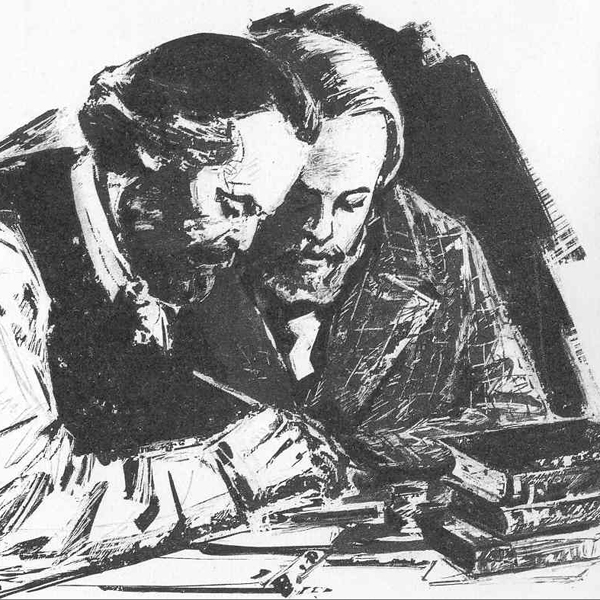Posted below are two videos from the day-long symposium, What is Critique?, held on November 20th, 2010, at Parsons, the New School for Design, New York. The first video is from the afternoon panel, The Art Critique: Its History, Theories, and Practices. This panel consisted of Tom Butter, Simone Douglas, and James Elkins; it was moderated by Laurie Rojas. The second video is documentation of the evening panel, The Relevance of Critical Theory to Art Today. The panel consisted of J.M. Bernstein, Chris Cutrone, Lydia Goehr, and Gregg Horowitz; it was moderated by Chris Mansour. Both videos can also be found at http://streamingculture.parsons.edu/the-art-critique-its-history-theories-and-practices/.
The Art Critique: Its History, Theories, and Practices
The Relevance of Critical Theory to Art Today
What is Critique? was a day-long symposium that consisted of two panel discussions with artists, critics, teachers, and students and investigated the role that art critiques and criticism play in art production. The first half of the day focused on the nature and function of art critiques as a form of criticism and pedagogy. The latter part of the day was a panel discussion addressing the relationship between critical theory, art production and reception. More information can be found at http://newyork.platypus1917.org/critique/.
Platypus Marxist reading group
June 5 – August 14, 2010
Saturdays 1–4PM at:
School of the Art Institute of Chicago
112 S. Michigan Ave. room 707
Marx and Marxism
Readings pp. from Robert C. Tucker, ed., Marx-Engels Reader (Norton 2nd ed., 1978) (* at marxists.org)
June 5
Karl Marx on the history of his opinions (from Preface to A Contribution to the Critique of Political Economy), pp. 3–6
Marx, To make the world philosophical, pp. 9–11
Marx, For the ruthless criticism of everything existing, pp. 12–15
Marx, Theses on Feuerbach, pp. 143–145
June 12
Marx, On The Jewish Question, pp. 26–52
June 19
Marx, The coming upheaval [see bottom of section, beginning with "Economic conditions had first transformed the mass"] (from The Poverty of Philosophy, 1847), pp. 218–219
Marx and Engels, Communist Manifesto, pp. 469–500
Marx, Address to the Central Committee of the Communist League, pp. 501–511
June 26
The tactics of social democracy (Engels's introduction to Marx, The Class Struggles in France), pp. 556–573
Marx, from The Class Struggles in France 1848–50, pp. 586–593
July 3
[break for Independence Day weekend]July 10
Marx, The 18th Brumaire of Louis Bonaparte, pp. 594–617
July 17
Marx, On imperialism in India, 653–664 (available online as The British Rule in India and The Future Results of British Rule in India)
Marx and Engels, Europocentric world revolution, pp. 676–677 (available online as Marx to Engels October 8, 1858 and Engels to Kautsky September 12, 1882)
July 24
Marx, The Civil War in France, pp. 618–652
July 31
Marx, Inaugural address to the First International, pp. 512–519
Karl Korsch, The Marxism of the First International *
August 7
Korsch, Introduction to Marx, Critique of the Gotha Programme *
Marx, Critique of the Gotha Programme, pp. 525–541
August 14
Max Horkheimer, "The Authoritarian State" (1940) (in The Essential Frankfurt School Reader, eds. Andrew Arato and Eike Gebhardt, pp. 95–117)
* * *
August 28
Vladimir Lenin, "Karl Marx" (1914)


